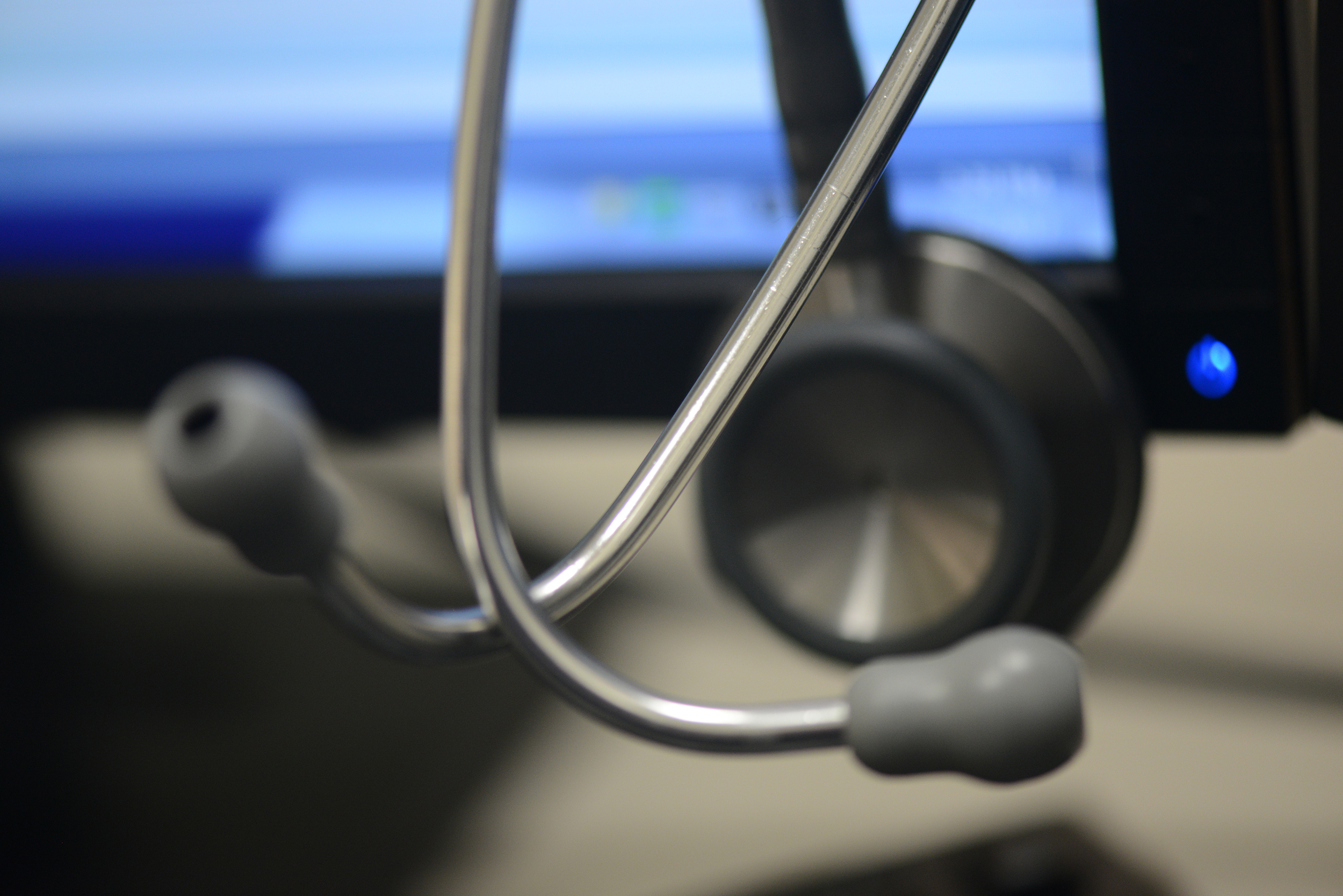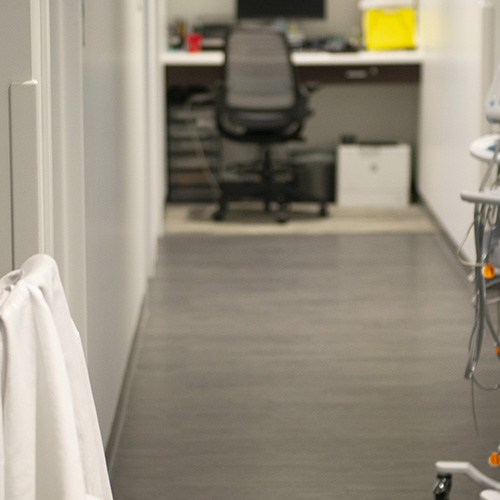An office in a medical context refers to the administrative and clinical workspace where healthcare professionals provide patient care, manage records, and coordinate medical services. Medical offices can be found in hospitals, private clinics, urgent care centers, and specialty practices, serving as essential hubs for patient interactions and operational efficiency.
These offices are designed to handle both administrative and medical tasks, ensuring that healthcare providers can focus on delivering quality care while maintaining an organized workflow.
A medical office typically consists of reception areas, examination rooms, consultation spaces, and administrative offices where staff handle scheduling, billing, insurance claims, and patient records. Front desk personnel are responsible for greeting patients, verifying insurance information, and managing appointment scheduling, while medical assistants and nurses prepare patients for their visits by taking vital signs and updating medical histories. Physicians and specialists conduct examinations, diagnose conditions, and provide treatments within these office settings.
Advanced technology, such as electronic health records (EHR) systems, enhances efficiency by streamlining patient documentation and facilitating seamless communication between healthcare professionals. A well-managed medical office plays a critical role in ensuring smooth operations, reducing wait times, and improving patient satisfaction. It serves as the foundation for effective healthcare delivery, fostering a structured environment where medical professionals can provide timely and accurate care.



